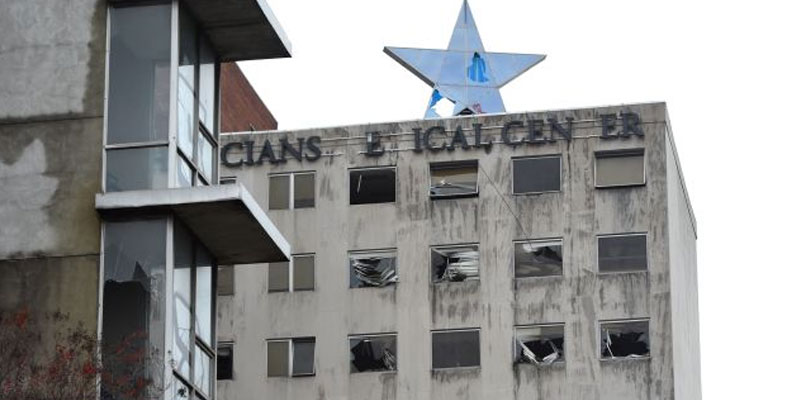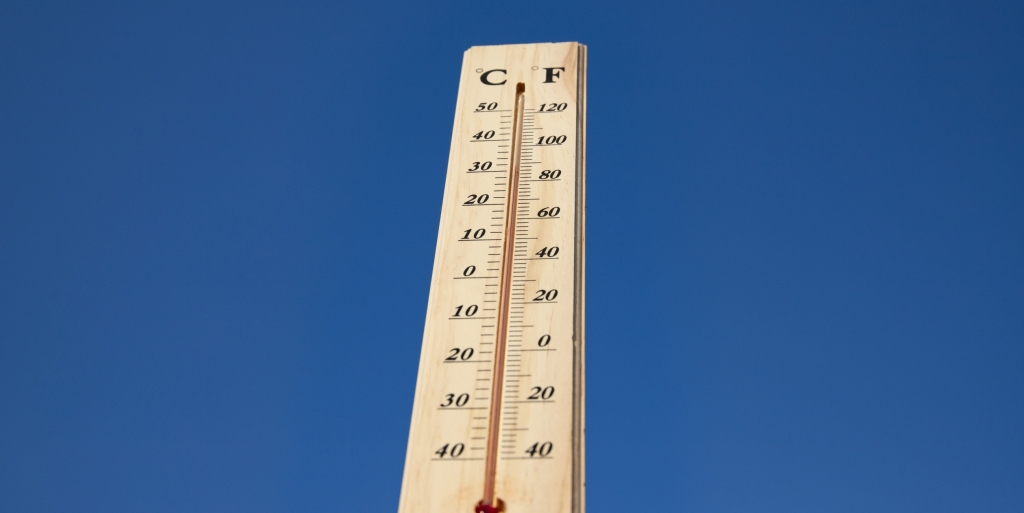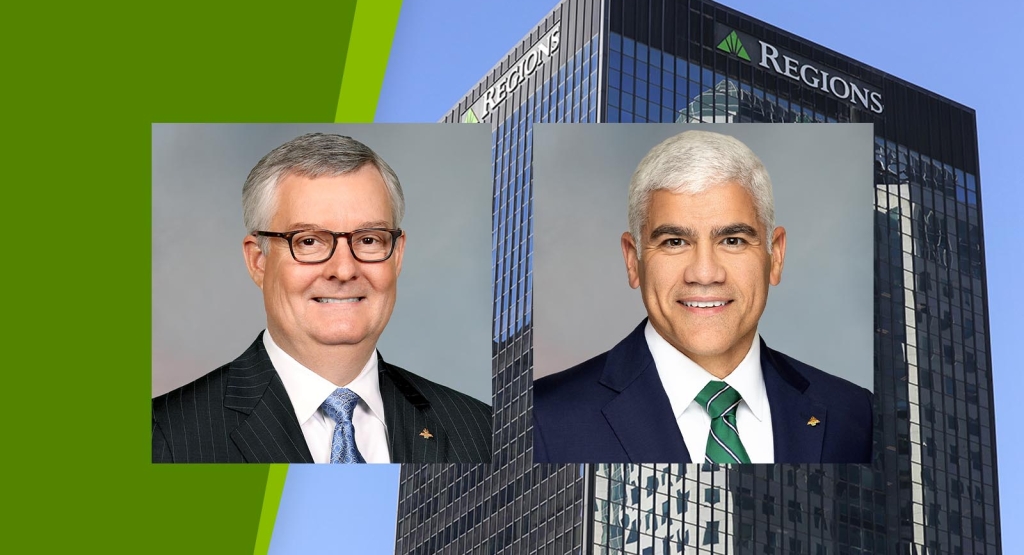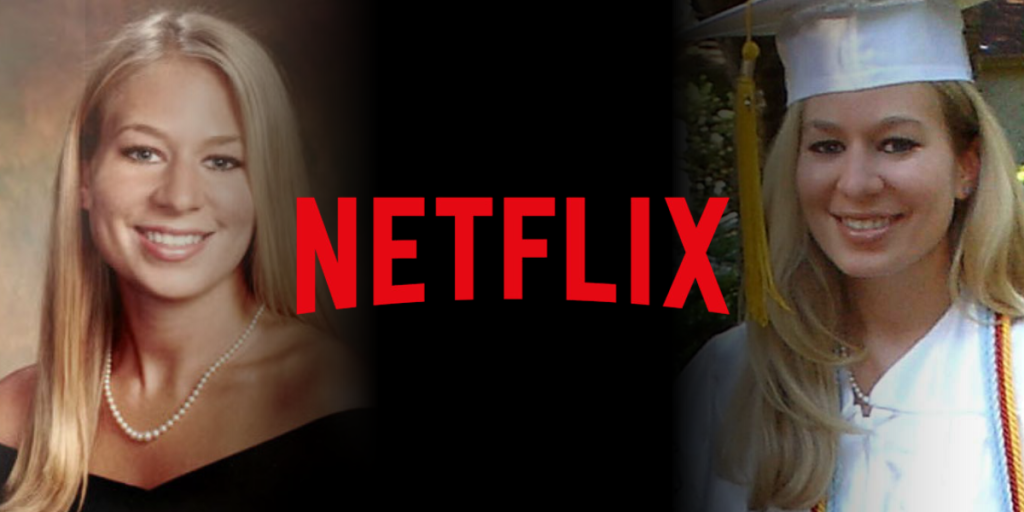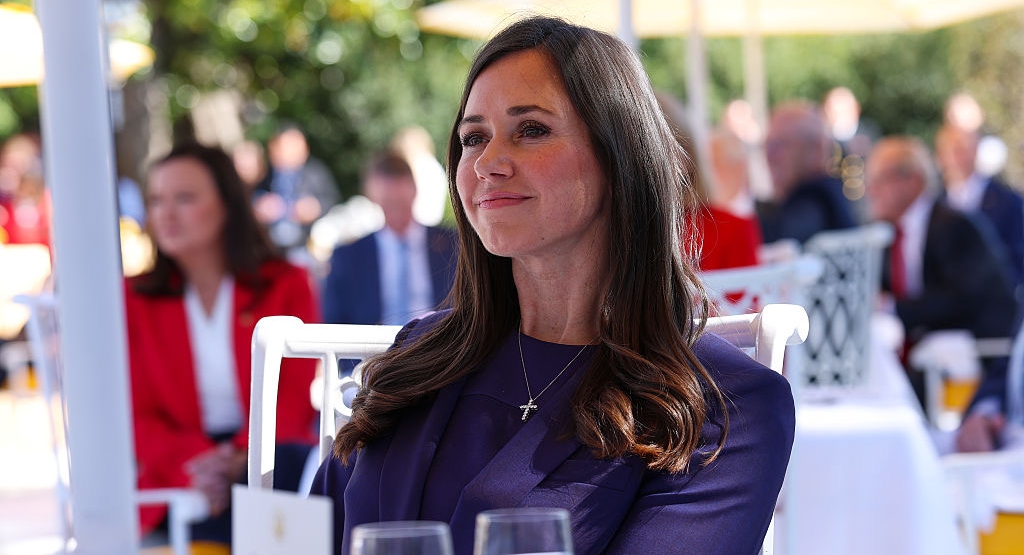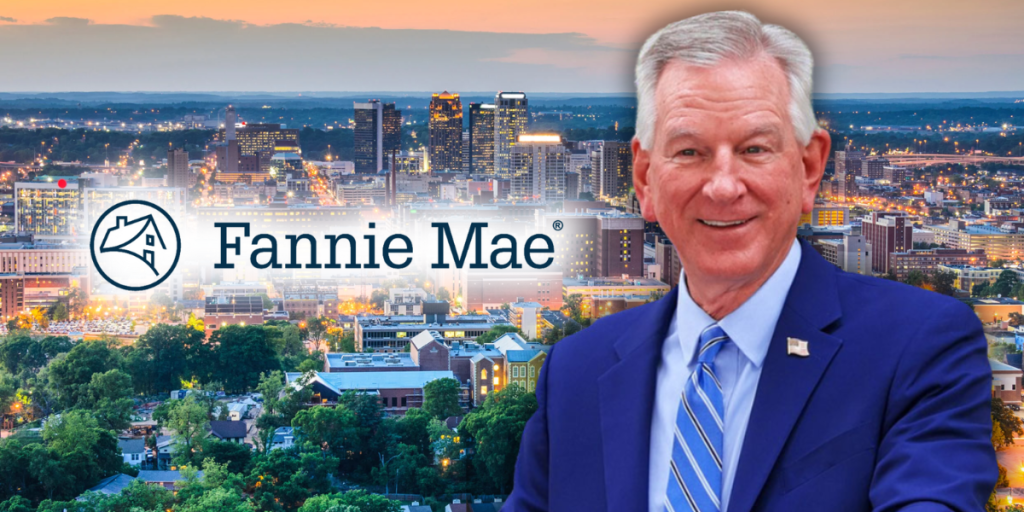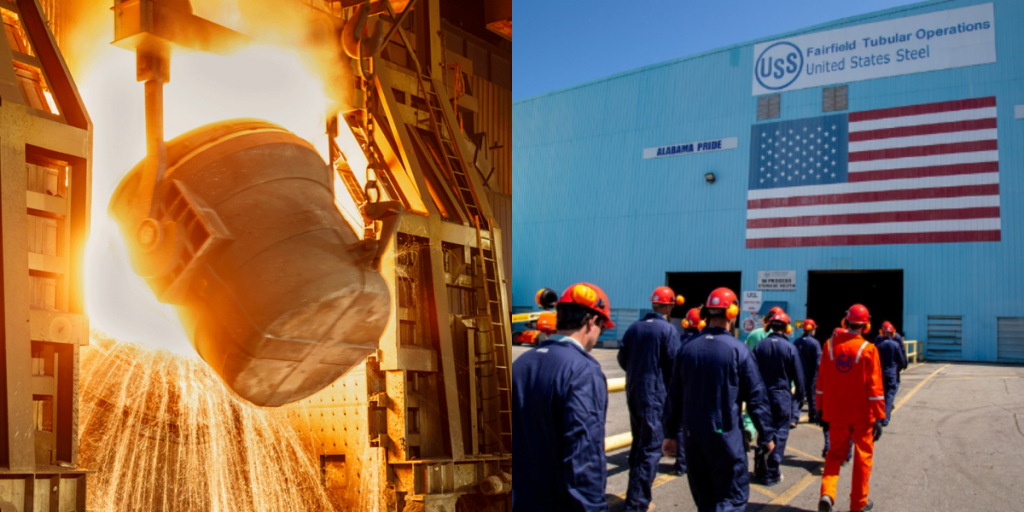Carraway Hospital, which had been in the healing business for more than 100 years, could soon bring new life to neighborhoods near downtown Birmingham.
Corporate Realty — a local commercial real estate firm that handles everything from site development and construction to marketing and management — is looking to transform the vacant 50-acre site into a mixed-use development that could include residential, retail, restaurants, and office space, as well as a hotel and entertainment venues.
Brian Wolfe, Corporate Realty chief development officer, said the company is looking to capture the momentum for development around downtown. Last year, a new Top Golf sports complex opened near the Uptown entertainment district. Currently, more than $300 million is going toward expansion of the Birmingham-Jefferson Convention Complex (BJCC) and a new downtown stadium.
Doing things right
During a recent interview and tour of the Carraway Hospital site, Wolfe said Corporate Realty sees a lot of value in the surrounding community and its proximity to the downtown revitalization.
The hospital officially closed on Oct. 31, 2008 after 100 years in business.
“We felt like the Carraway site was unique in the sense that it was a large block of property … we could get behind and help to really capitalize on that [downtown] momentum,” he said. “We felt very strongly about coming in and doing it, doing it right and doing it collaboratively with the neighborhoods that surround it.”
The site is located on property that runs along Carraway Boulevard, between 13th Avenue North and 20th Avenue North, bordering several neighborhoods near the northern edge of downtown: Norwood, Druid Hills, Evergreen, and North Birmingham.
The goal is to create a space that not only meets the needs of the neighborhoods “but also creates a destination that the entirety of the city of Birmingham could enjoy,” he said.
To get input from residents, Corporate Realty had two open houses this fall, mailing out more than 1,600 postcards throughout the neighborhoods to build attendance.
“We had great attendance [and got] really great feedback,” Wolfe said. “[There were] a lot of [concerns about] walkability, definitely a need for grocery stores and restaurants, just things that help neighborhoods thrive.”
The Carraway campus will be included in an amended Druid Hills Urban Renewal and Redevelopment Plan that was scheduled to go before the Birmingham Planning Commission on Dec. 5.
Plans for the site include improvements for walkability and services, such as banking, health care, grocery stores, and restaurants, things residents can get to without having to get into their cars, Wolfe said. In addition to making the environment walkable, developers also want to bring in transit options, so people can park at the Carraway site but still have access to the BJCC and other attractions.
Resident support
Area residents have expressed support for the project. “Every neighborhood likes to see reinvestment,” said Norwood Neighborhood Association President Tom Creger. “[In] our neighborhood and Druid Hills, too … up until about two or three years ago, everyone saw their real estate property [value] drop. People had been living in the neighborhood for 30 years, and year after year they saw the value of their property go down. … For most of us, what we own in real estate, in other words, the homes we live in, are the greatest proportion of our wealth.”
Norwood resident James Clark said, “At least something is happening to it, and it’s something positive. It’s an exciting time for Birmingham and the residents [around] Carraway.”
Several residents during the recent campaign for neighborhood officers, Clark said, told him they like that “something [is] happening [on the northern side of town]. Everything’s happened downtown or somewhere else. It’s time that something happens to Carraway.”
‘Takes a village’
The Carraway Hospital site development is a phased-in project that is anticipated to occur over a five- to seven-year period. The first phase involves clearing the site and getting rid of the blight, as well as resetting the parking decks, Wolfe said. He believes the first phase can be complete by 2021, before the World Games come to Birmingham. “We would like to have some of our stuff open for the World Games,” said Wolfe. “Obviously, there will be an influx of people to Birmingham for that period of time, and we want to kind of show off what we’re planning to do. We’ll have the property [cleared] and all the buildings demolished and reset by that time. … We’ll probably have our first phase completed.”
Corporate Realty has made sure to keep residents involved, especially those living in the nearby Norwood, Druid Hills and Evergreen communities.
“We want to encourage reinvestment in these communities and build a consensus with the neighborhood … to make sure it’s walkable, to make sure the things we put back here are helpful for these communities to grow in the future,” Wolfe said. “We feel like building that consensus is very important and, hopefully, will help this entire district around the BJCC be known as a place where people can come and feel safe.”
Community concerns
There have been some concerns, including the type of apartments planned and traffic, Wolfe said.
When some people think of apartments, they believe there will be problems with crime and other activities.
“That’s not what we think of when we think of apartments,” Wolfe said. “We’re talking about very well-managed, very well-maintained apartments that are going to add value to the neighborhood, not take away from the neighborhood.”
To help drive home the point, Wolfe and his team took several residents on a walk-through of the Parkside District to show the type of apartments Corporate Realty plans to build.
As for traffic, Wolfe said some neighborhoods, particularly Druid Hills, will see an impact because of improvements being made in the neighborhood, but the company will be sure to conduct a detailed traffic analysis. He added that because the Carraway site was a hospital with 1,200 employees at its peak, the roads are already built for that type of traffic.
“We recognize that we have an obligation to make sure we measure our project traffic impacts and make sure we’re not affecting the neighborhoods with people trying to get to our development,” Wolfe said. “We’re focusing our commercial traffic on the commercial corridors, primarily Carraway Boulevard.”
Positive experience
Overall, residents in the neighborhoods surrounding the site are excited and expect a positive experience.
“Carraway has been empty for so long, so we’ll be glad to see some development there,” said Druid Hills Neighborhood Association President Amie Evans, adding that Carraway has been such an eyesore that she’s ready for something to better the neighborhoods.
“It should build us up,” she said, “as well as boost the economy.”
(Courtesy of Alabama NewsCenter)




